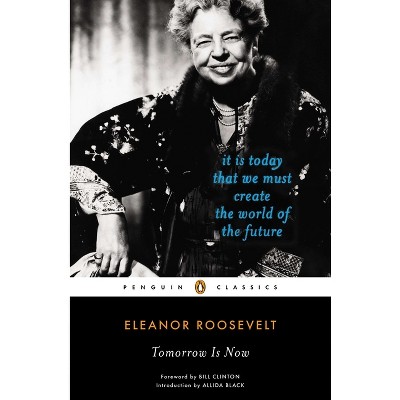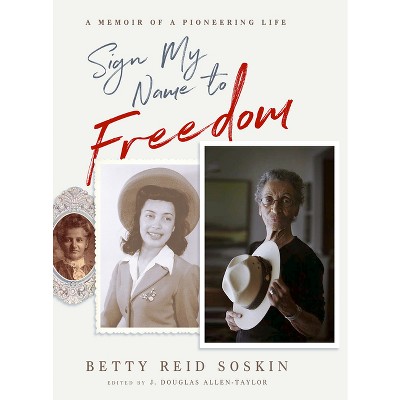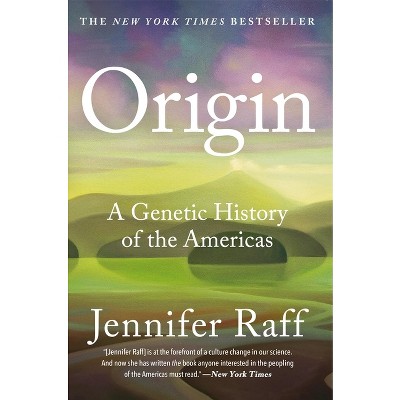Sponsored

Black Neighbors - by Elisabeth Lasch-Quinn (Paperback)
In Stock
Sponsored
About this item
Highlights
- Professing a policy of cultural and social integration, the American settlement house movement made early progress in helping immigrants adjust to life in American cities.
- About the Author: Elisabeth Lasch-Quinn is assistant professor of history at Syracuse University.
- 240 Pages
- History, United States
Description
About the Book
Black Neighbors: Race and the Limits of Reform in the American Settlement House Movement, 1890-1945Book Synopsis
Professing a policy of cultural and social integration, the American settlement house movement made early progress in helping immigrants adjust to life in American cities. However, when African Americans migrating from the rural South in the early twentieth century began to replace white immigrants in settlement environs, most houses failed to redirect their efforts toward their new neighbors. Nationally, the movement did not take a concerted stand on the issue of race until after World War II. In Black Neighbors, Elisabeth Lasch-Quinn analyzes this reluctance of the mainstream settlement house movement to extend its programs to African American communities, which, she argues, were assisted instead by a variety of alternative organizations. Lasch-Quinn recasts the traditional definitions, periods, and regional divisions of settlement work and uncovers a vast settlement movement among African Americans. By placing community work conducted by the YWCA, black women's clubs, religious missions, southern industrial schools, and other organizations within the settlement tradition, she highlights their significance as well as the mainstream movement's failure to recognize the enormous potential in alliances with these groups. Her analysis fundamentally revises our understanding of the role that race has played in American social reform.
From the Back Cover
In 'Black Neighbors', Elisabeth Lasch-Quinn analyzes this reluctance by the mainstream settlement house movement to extend its programs to African American communities, which she argues, were assisted instead by a variety of alternative organizations. Lasch-Quinn recasts the traditional definitions, periods, and regional divisions of settlement work and uncovers a vast settlement movement among African Americans.Review Quotes
"Black Neighbors is social history at its best. . . . [It is] solidly grounded on empirical research and illuminated by sound theory." -- Clarke Chambers, University of Minnesota-Twin Cities
"Black Neighbors should be required reading for social welfare historians, settlement house and neighborhood center staff and board members, and all social workers concerned with the linkage between personal social services and social reform." -- Social Service Review
"Elisabeth Lasch-Quinn has crafted an excellent new perspective on the historical development of the American settlement movement." -- Arkansas Historical Quarterly
"This is an excellent book, short, well written, informative and interestingly illustrated. . . . It widens our understanding of the American settlement movement and makes a valuable contribution to the lengthy but inconclusive history of race relations." -- Labour History Review
"A marvelous study. [Lasch-Quinn] offers both a penetrating critique of the American settlement house movement and a new story that rights the regional balance and brings African American struggles in their own behalf to the fore." -- Jacquelyn Dowd Hall, University of North Carolina at Chapel Hill
About the Author
Elisabeth Lasch-Quinn is assistant professor of history at Syracuse University.Shipping details
Return details
Frequently bought together


Trending Non-Fiction






Discover more options









